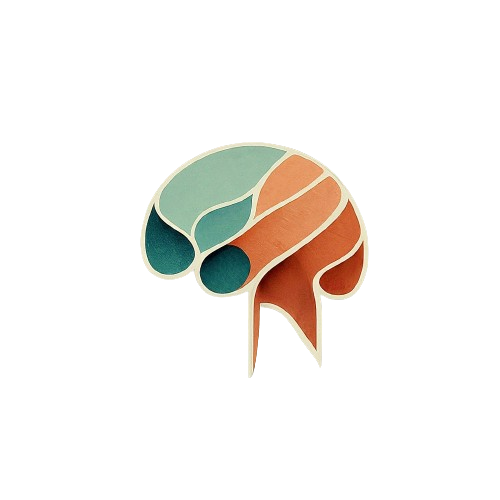Psychology
Biological Psychology
Biological psychology, also known as biopsychology, delves into the intricate relationship between our minds and bodies. It explores how biological factors, such as genetics, neurotransmitters, and brain structures, influence our thoughts, emotions, and behaviors. By understanding these connections, we can gain valuable insights into the biological underpinnings of mental health conditions.
Understand Biological Psychology
Imprinting in Psychology: Unraveling the Invisible Bond
In the intricate tapestry of human behavior, few threads are as fundamental yet as often overlooked as imprinting. This psychological phenomenon, first observed in the animal kingdom, has far-reaching implications for human development, relationships, and behavior....
Neuroplasticity: Rewiring Your Mind
Have you ever wondered if it's possible to change the way your brain works? The fascinating field of neuroplasticity suggests that yes, you can! This incredible ability of the brain to adapt and change throughout life offers hope and potential for improving mental...
Trochlear Nerve: Functions, Location and Impact on Mental Health
The trochlear nerve, also known as CN IV or cranial nerve 4, is one of the twelve cranial nerves originating from the brain. As a motor nerve within the peripheral nervous system, it plays a crucial role in controlling eye movements. Key Facts About the Trochlear...
Recommend Help in the Field
Justine Dreyer
Dr. Dreyer works within a biopsychosocial-spiritual and multidisciplinary framework model. She has special interests in women’s mental health, the Christian-psychiatric interface, chronic pain conditions, addiction psychiatry, the neurobiological basis of psychiatric disorders, and interventional psychiatric treatments such as repetitive transcranial magnetic stimulation (rTMS) and ketamine.
Anthony Koller
Dr. Koller offers Cognitive Behavioral Therapy, helping patients analyze and manage their thoughts and behaviors at their own pace.
Hannes Wessels
Dr. Wessels offers psychological services including Acceptance and Commitment Therapy, Cognitive Behavioral Therapy, Career Counseling, Anxiety Therapy, and Assessments.
Biological Psychology FAQ's
What is biological psychology?
Biological psychology, also known as biopsychology or psychobiology, is a branch of psychology that explores the biological basis of behavior and thought. It investigates how biological factors, such as genetics, neurotransmitters, and brain structures, influence our psychological processes.
What are some key principles of biological psychology?
Neuroscience: The study of the nervous system, including the brain and spinal cord.
Genetics: The study of genes and their influence on behavior.
Hormones: The study of how hormones affect behavior and mood.
Neurotransmitters: The study of chemical messengers that transmit signals between neurons.
What are some common applications of biological psychology?
Neuropsychology: The study of the relationship between brain function and behavior, often used to assess and treat cognitive disorders.
Psychopharmacology: The study of the effects of drugs on the brain and behavior, used in the development of medications for mental health conditions.
Behavioral neuroscience: The study of the biological basis of learning and memory.
Cognitive neuroscience: The study of the neural basis of cognitive processes, such as attention, perception, and decision-making.
How can biological psychology help us understand and treat problematic behaviors?
- Identifying genetic risk factors: Identifying individuals who may be more susceptible to certain behaviors.
- Developing targeted medications: Creating drugs that address specific biological imbalances.
- Using brain imaging techniques: Studying brain activity to identify abnormalities associated with problematic behaviors.
- Investigating the role of environmental factors: Understanding how environmental factors interact with biological factors to influence behavior.
What are some limitations of biological psychology?
- Reductionism: The risk of oversimplifying complex behaviors by focusing solely on biological factors.
- Nature vs. nurture debate: The ongoing debate about the relative importance of genetic and environmental factors in shaping behavior.
- Ethical considerations: The ethical implications of studying and manipulating biological factors related to behavior.




